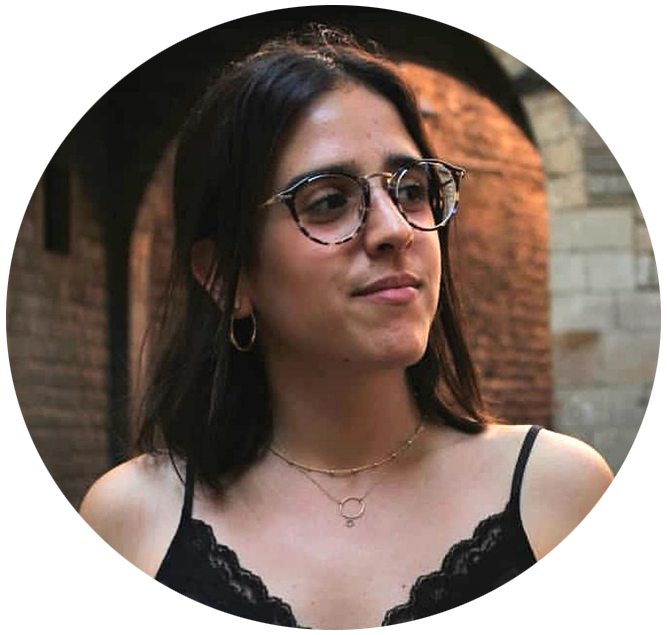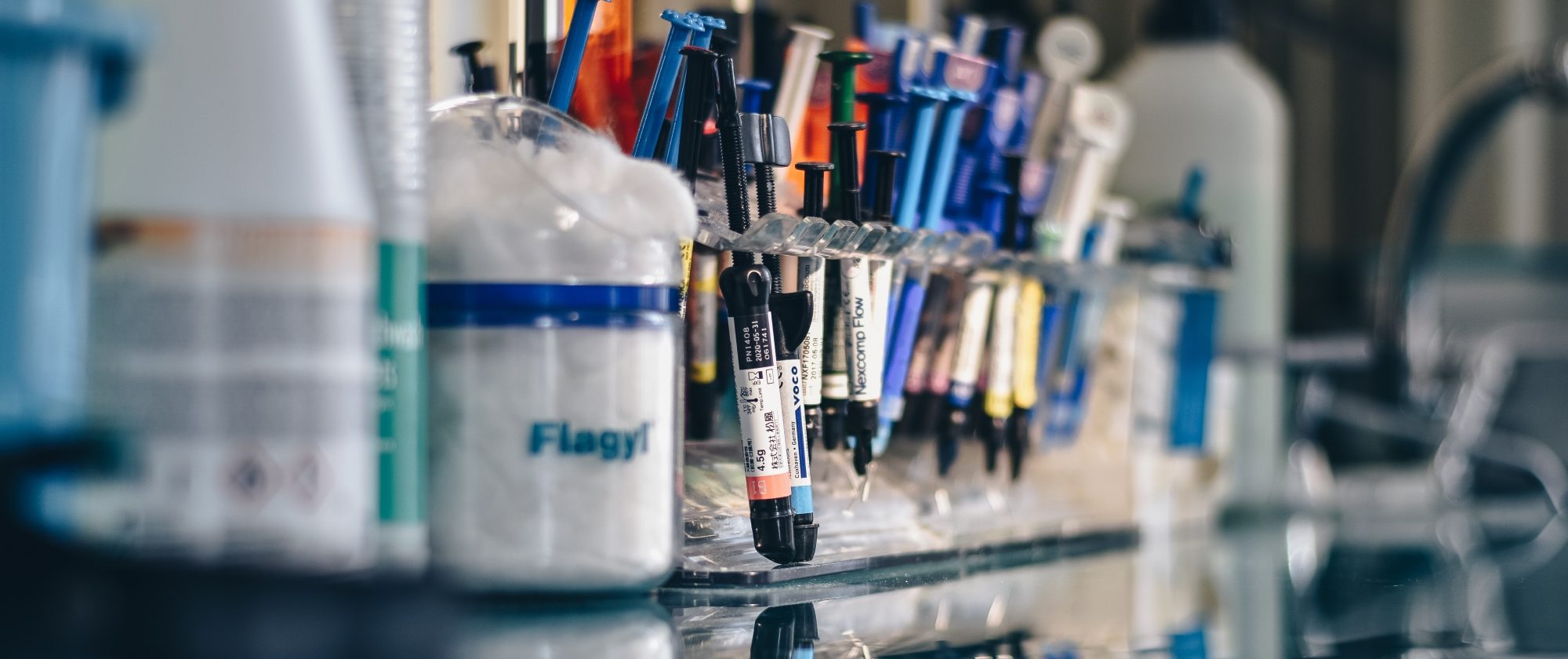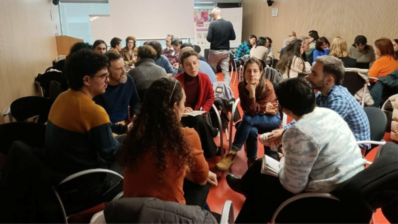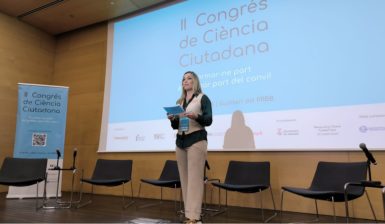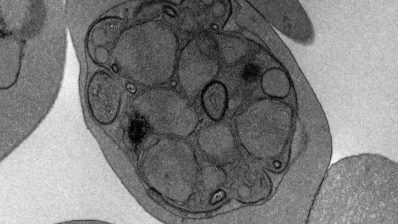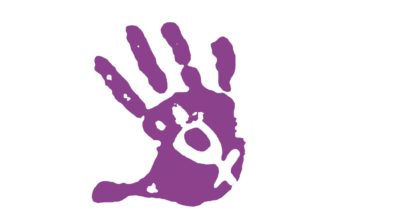Out of 18 proposals, the Spanish State Research Agency, an instrument for the management and financing of public funds for R&D activities, named this year six Spanish centres as ‘Severo Ochoa’ Centre of Excellence, among which is the Barcelona Institute for Global Health (ISGlobal).
With ISGlobal, there are already three PRBB centres with an accreditation of excellence: the Centre for Genomic Regulation (CRG) (Severo Ochoa), the Department of Experimental and Health Sciences, Pompeu Fabra University (DCEXS-UPF) (which has just been granted a renovation of its María de Maeztu) and, for the first time, ISGlobal (Severo Ochoa). Both the Severo Ochoa and the Maria de Maeztu are the highest institutional distinction for scientific research in Spain, for research centres and universities, respectfully.
Receiving this award means a lot for ISGlobal, since this PRBB centre would be the only Spanish global public health centre to receive the ‘Severo Ochoa’ Centre of Excellence award.
“This grant allows us to think about the future. It is very important to know where you are going. According to this, we have opted to enhance interdisciplinary research in very competitive areas”
Manolis Kogevinas
The purpose of this accreditation of excellence is to fund highly competitive research centres, such as ISGlobal, with €4 million over a four-year period.
We have talked to the Scientific Director of the Severo Ochoa Program at ISGlobal, Manolis Kogevinas. He tells us about what it means for the institution to receive this recognition and the impact it will have on their research.
“This grant allows us to think about the future. It is very important to know where you are going. According to this, we have opted to enhance interdisciplinary research in very competitive areas“, confirms Kogevinas. The scientific director explains that, in order to achieve that goal, they have promoted a 3×3 approach. It means they are setting 3 new strategic areas of research connected to other 3 areas in which ISGlobal researchers have already been working on.
The 3 new areas are:
- Mobile health technologies for diagnosis and exposure assessment.
- Data science and Big Data.
- Health impact assessment and implementation of research.
And they will work together with the following areas:
- Malaria and other infectious diseases
- Maternal and child health
- Urban health, climate and non-communicable diseases.
Kogevinas wants to highlight that, a part from this 3×3 approach, their plan also consists on promoting training courses and their business plan and policies, as well as strenghtening society engagement. “It’s a complete plan and it will just bring us forward, as well as making our work more meaningful for the society”, confirms the researcher.
“Proximity is still important and having many highly competitive research groups in the same building, such as the PRBB, helps everybody”
Talking about the context of ISGlobal, Kogevinas says: “We live in a period in which we can get connected to anybody around the world, but proximity is still important and having many highly competitive research groups in the same building, such as the PRBB, helps everybody. It makes us very attractive when it comes to bring new people to the institution”.
